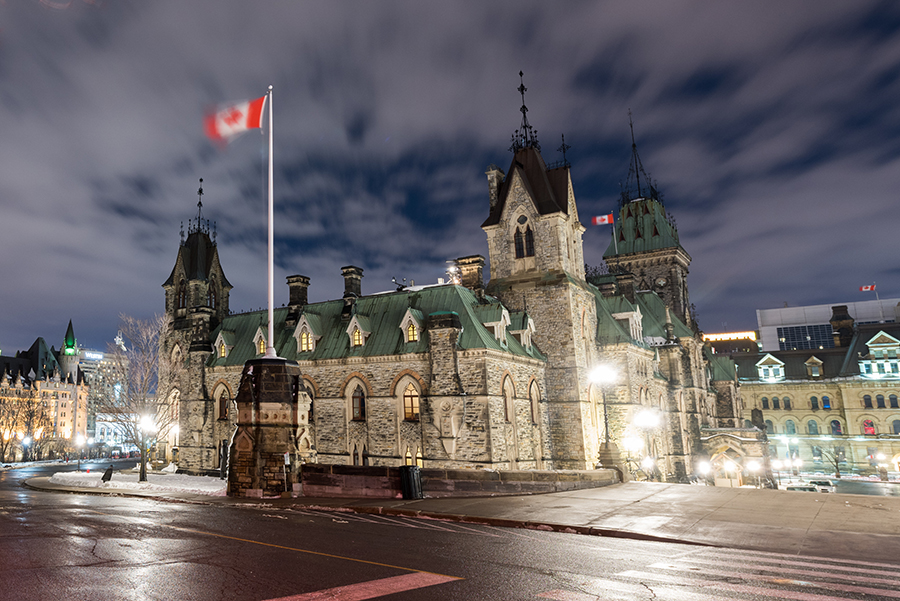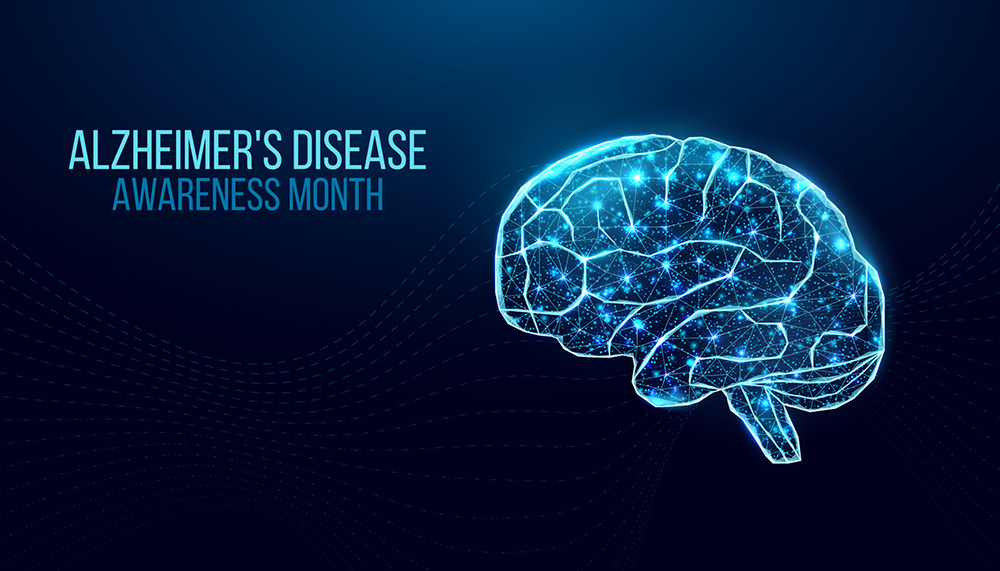‘You don’t need to be right next to it’: Ophthalmologists warning of impacts from fires
Sanuda Ranawake
Local Journalism Initiative Reporter
Wildfires don’t just pose a risk to the safety of people and buildings. It can also damage your eyes.
Dr. Phil Hooper, president of the Canadian Ophthalmological Society, wants to raise awareness about the risks of wildfires, pollution, and other environmental factors on eye health.
Hooper says there have been several fires over the past years and says this year is unlikely to be an exception.
Distance doesn’t matter
Fires can have risks on people, even if they weren’t right next to the fire.
“You don’t need to be right next to it. The situation last summer where there was a haze in the air across much of Canada, much of North America, is enough to cause symptoms and the people that are most at risk are those who are older,” Hooper says.
“Because as we get older, we secrete less tears. So, there’s less flushing action on the surface. Younger people who’ve had eye problems, it can be a problem, and people who are using contact lenses, the smoke particles are absorbed onto the contact lens as they sit there.”
Long-term impacts
While the impacts are mostly temporary, there is the possibility of long-term damage.
“Most of the time it’s temporary, related to the exposure. When the exposure goes away, everything settles down,” Hooper explains.
“If you have chronic exposure and you have dry eye or some other eye condition that makes you more sensitive, you can have a chronic irritation that lasts much longer than that just an episodic thing.
“The research at the moment is incomplete. It doesn’t seem that there is a long-term impact of this exposure to most people, but there’s research ongoing.”
Irritation
A common sign of damage from smoke is irritation in the eye.
“If your eyes are irritated and red and you’ve been exposed to smoke and you have your contact lenses, I think the best thing to do is to take them out and that removes the particles and so on that are attached to the lenses. Clean the lenses, let your eyes recover. Then put clean lenses back in,” Hooper says.
“If you’re in an area of exposure, you can leave the area. In other words, if you’re outdoors and it’s bothersome, if you get indoors, where there’s some filtration, that’s certainly beneficial. The use of over-the-counter eye drops just to flush things out. It can also be helpful in the short term, anyway.”
Firefighters
Firefighters are some of the most impacted, says Hooper, but there are safety procedures in place, such as goggles to protect their eyes.
Any long-term impacts should be taken to a medical professional.
“The bottom line is if people feel that there’s been a change in their vision that is lasting more than a few hours or day, they should seek attention and determine what’s going on,” he adds.
“If they have eye discomfort that persists for more than a day or two, again, it’s important to have the eyes examined to determine what the cause is.”
Sanuda Ranawake
Local Journalism Initiative Reporter
The Telegram






